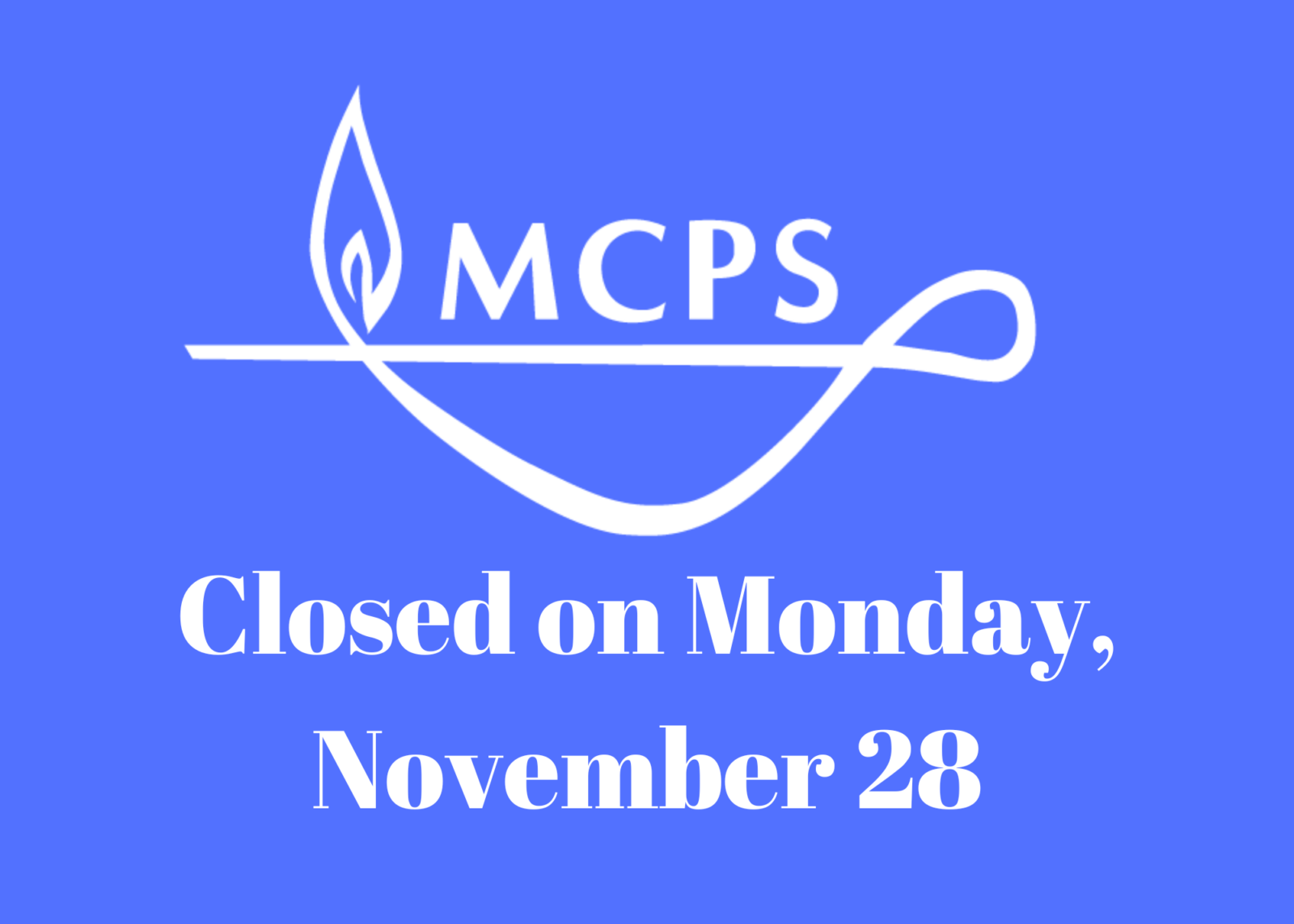Understanding MCPS Closure: A Comprehensive Guide - MCPS closure is a topic that has gained significant attention in recent years, especially as it relates to the music industry and copyright management. If you're involved in music production, publishing, or licensing, understanding what MCPS closure entails is crucial for protecting your rights and ensuring fair compensation. In this article, we will delve into the details of MCPS closure, its implications, and how it affects musicians, producers, and other stakeholders. To address these challenges, MCPS has implemented new systems and technologies to enhance its operations. These include automated reporting tools, digital royalty tracking, and enhanced data analytics.
MCPS closure is a topic that has gained significant attention in recent years, especially as it relates to the music industry and copyright management. If you're involved in music production, publishing, or licensing, understanding what MCPS closure entails is crucial for protecting your rights and ensuring fair compensation. In this article, we will delve into the details of MCPS closure, its implications, and how it affects musicians, producers, and other stakeholders.
Furthermore, MCPS closure can disrupt the music industry's ecosystem, leading to mistrust and increased scrutiny of licensing practices. It is crucial for all stakeholders to understand the implications and take steps to prevent closure from occurring.
There are several common reasons for MCPS closure, including:
Addressing these issues requires collaboration between all stakeholders and a commitment to transparency and compliance.
We encourage you to take action by reviewing your licensing practices, staying informed about industry developments, and engaging with MCPS to resolve any issues. Your participation in maintaining a fair and transparent licensing system benefits the entire music community.

The consequences of MCPS closure can be severe for all parties involved. For licensees, closure can result in legal action, financial penalties, and damage to their reputation. Rights holders may also suffer from delayed or lost payments, which can impact their livelihoods.
MCPS operates by issuing licenses to music users, such as record labels, streaming services, and broadcasters. These licenses grant permission to reproduce and distribute music, subject to certain terms and conditions. MCPS then collects royalties on behalf of rights holders and distributes them accordingly.
The licensing process involves several key steps, including:

To ensure compliance, MCPS conducts audits and reviews to verify the accuracy of reports and payments. This helps maintain transparency and accountability in the licensing process.
According to recent data, MCPS closure cases have been on the rise, highlighting the need for improved compliance and education in the industry. Statistics reveal that:
The rise of digital technology has transformed the music industry, presenting both opportunities and challenges for MCPS. With the proliferation of streaming services and online platforms, MCPS must adapt its licensing models to meet the demands of the digital age.
This article aims to provide a thorough understanding of MCPS closure, its significance, and the steps you can take to navigate this complex landscape. Whether you're a seasoned music professional or just starting in the industry, the insights provided here will empower you to make informed decisions about your intellectual property.